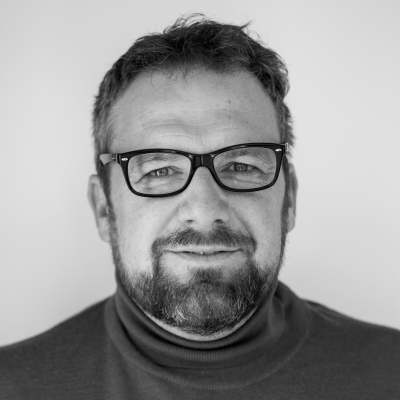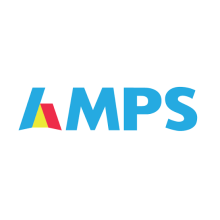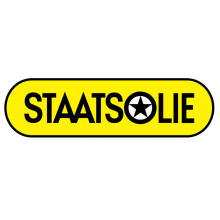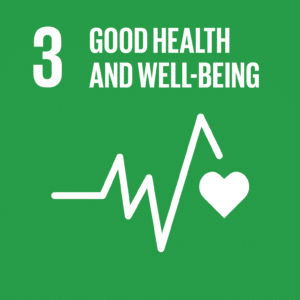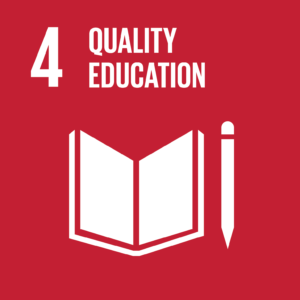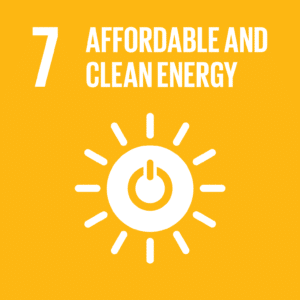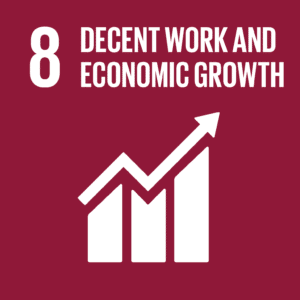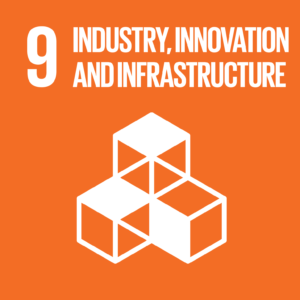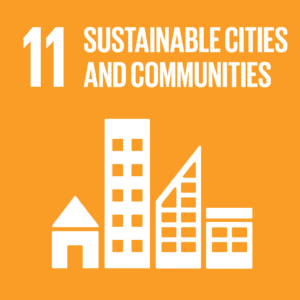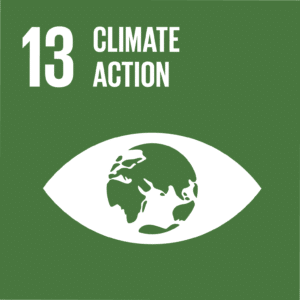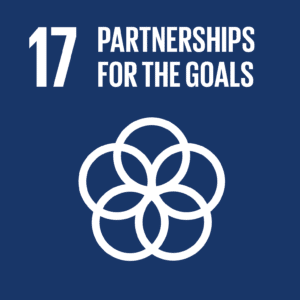Climate-driven micro-hydropower turbines for sustainable energy
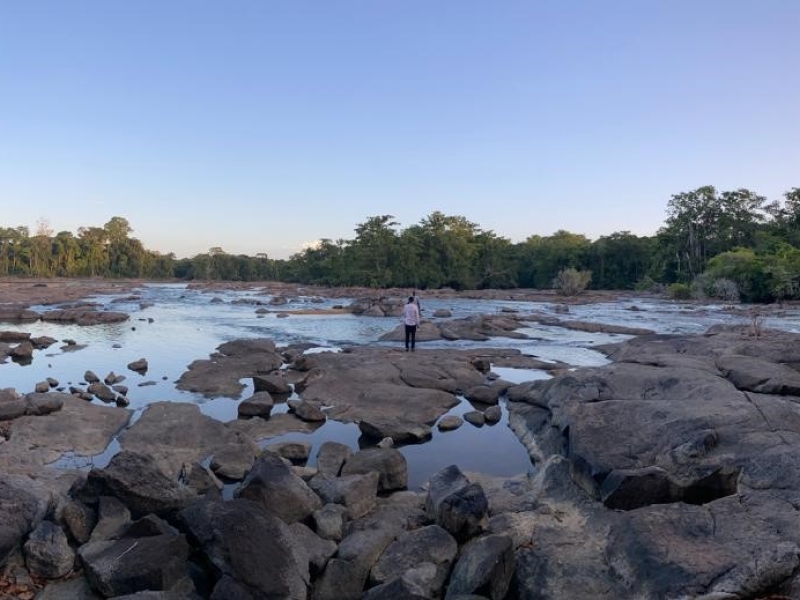
Challenges and opportunities for the energy transition in Suriname
Suriname faces the challenge of reducing its dependence on fossil fuels and transitioning to a sustainable, climate-friendly energy supply. However, this shift is hindered by several factors, including changing rainfall patterns, periods of drought, outdated infrastructure, and a lack of knowledge about available innovative technologies.
Despite these challenges, hydropower offers a promising solution. It not only supports sustainable energy production but also helps restore ecological balance and enables vulnerable communities to grow resiliently. However, given the impact of climate change on water resources, it is essential to look beyond conventional hydropower and adopt innovative technologies to meet the increasing energy demand.
Innovative hydropower technologies as a response to climate change
To address the impact of climate change, micro-hydropower turbines are being combined with data-driven water management. These turbines are specifically designed to provide sustainable and reliable energy, even under extreme climate conditions. By using real-time and historical climate data such as rainfall, drought periods, and water levels, the energy production is continuously optimised.
The already region’s mapped water potential provides a strong foundation for an integrated approach that combines sustainable water management with energy production. In collaboration with partners like VITO, Turbulent optimises the turbines for maximum efficiency within the available climate ranges. Advanced data systems and hydraulic models, combined with control and analysis in collaboration with HAEDES, form the foundation for developing a robust water management framework that enhances operational efficiency.
The green energy generated by these turbines supports key education and healthcare initiatives led by Thomas More. In collaboration with the Ministries of Education and Health of Suriname, this sustainable energy is used to strengthen educational projects and medical facilities in communities such as New Nickerie and Apoera.
Local engagement plays a pivotal role in this effort. Using the Implementation Research Logic Model (IRLM), communities are actively involved in setting priorities, such as access to reliable energy, improved infrastructure, and enhanced healthcare services.
This project not only delivers stable and sustainable energy through the implementation of micro-hydropower turbines but also achieves a significant reduction in CO2 emissions. Furthermore, the turbines are designed with standardisation in mind, enabling scalability to other regions in Suriname.
By combining innovative technology with local engagement and a focus on education and healthcare, this project serves as a blueprint for sustainable development. It not only addresses the demand for energy but also enhances the social and economic progress of communities in New Nickerie, Apoera, and beyond.
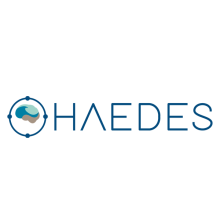

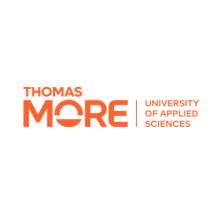
Would you like to know more about this project?
